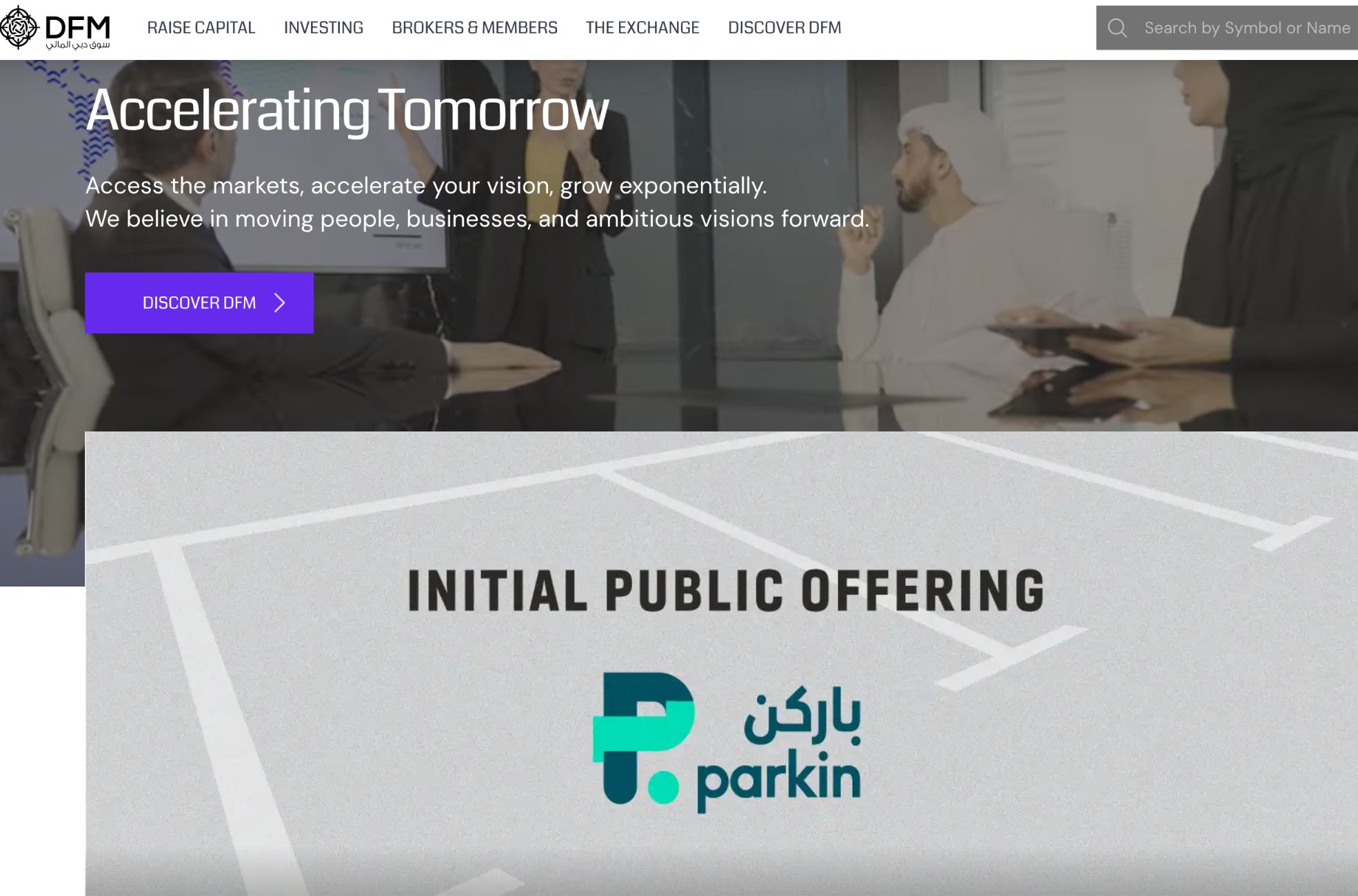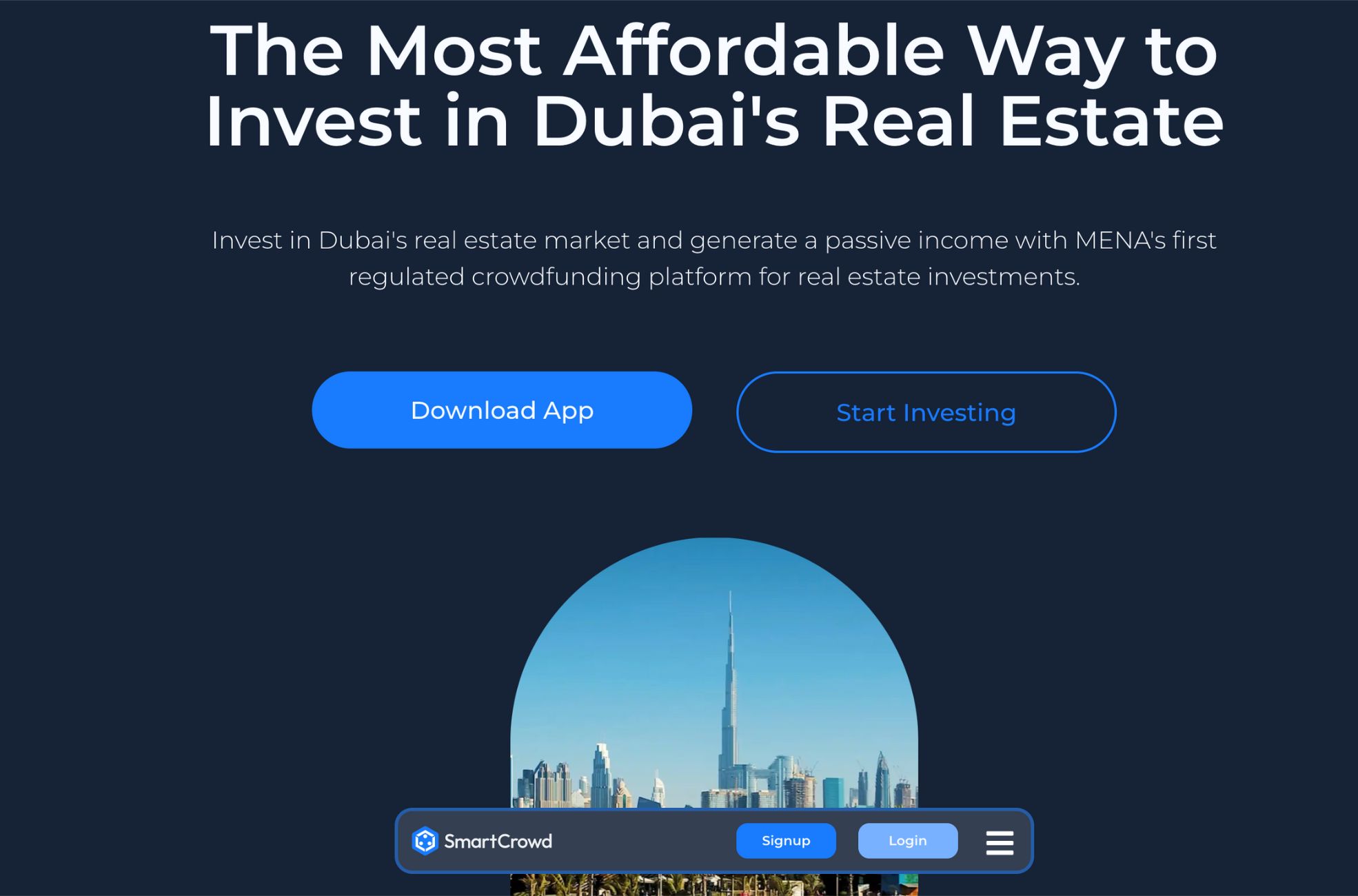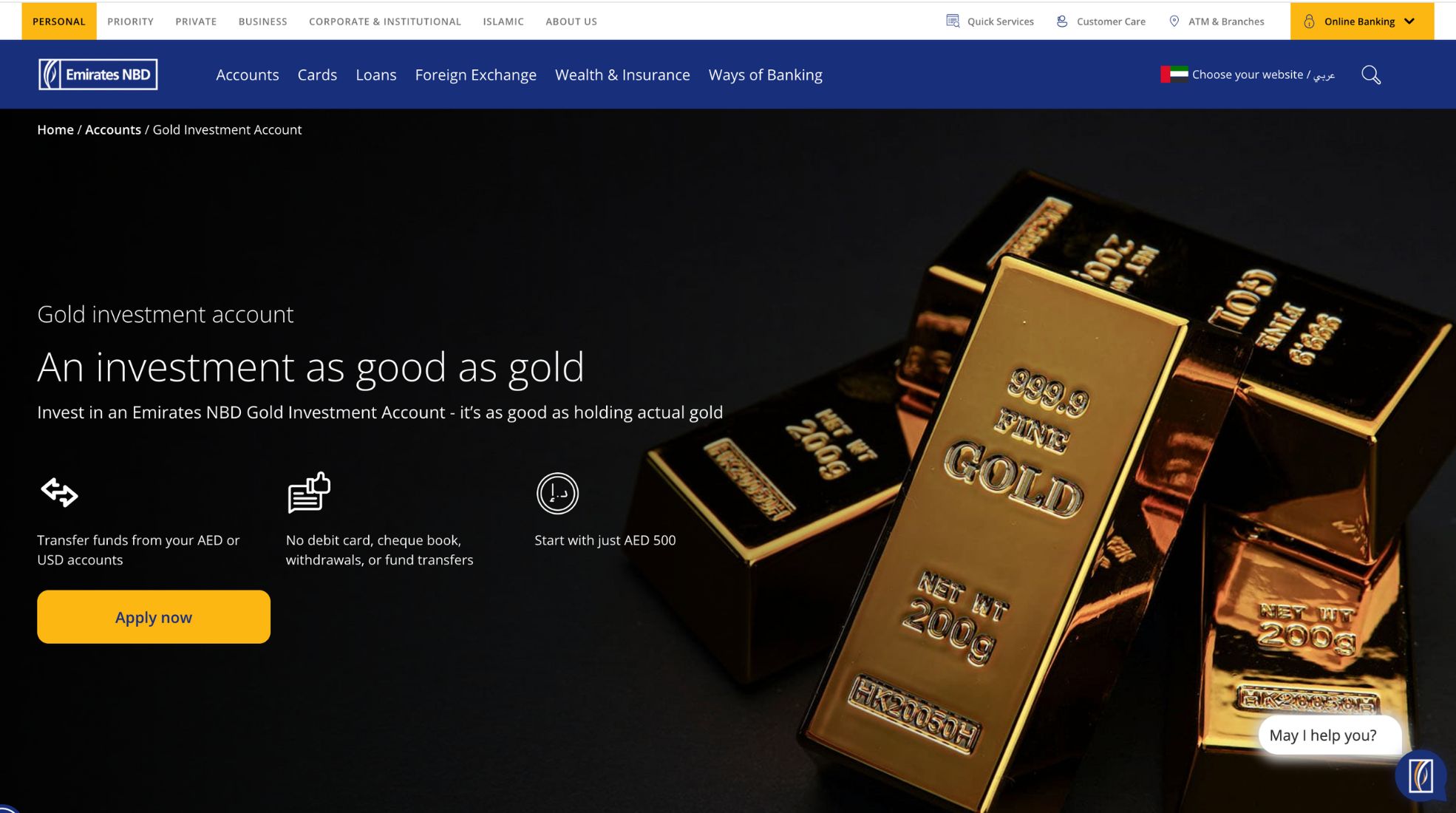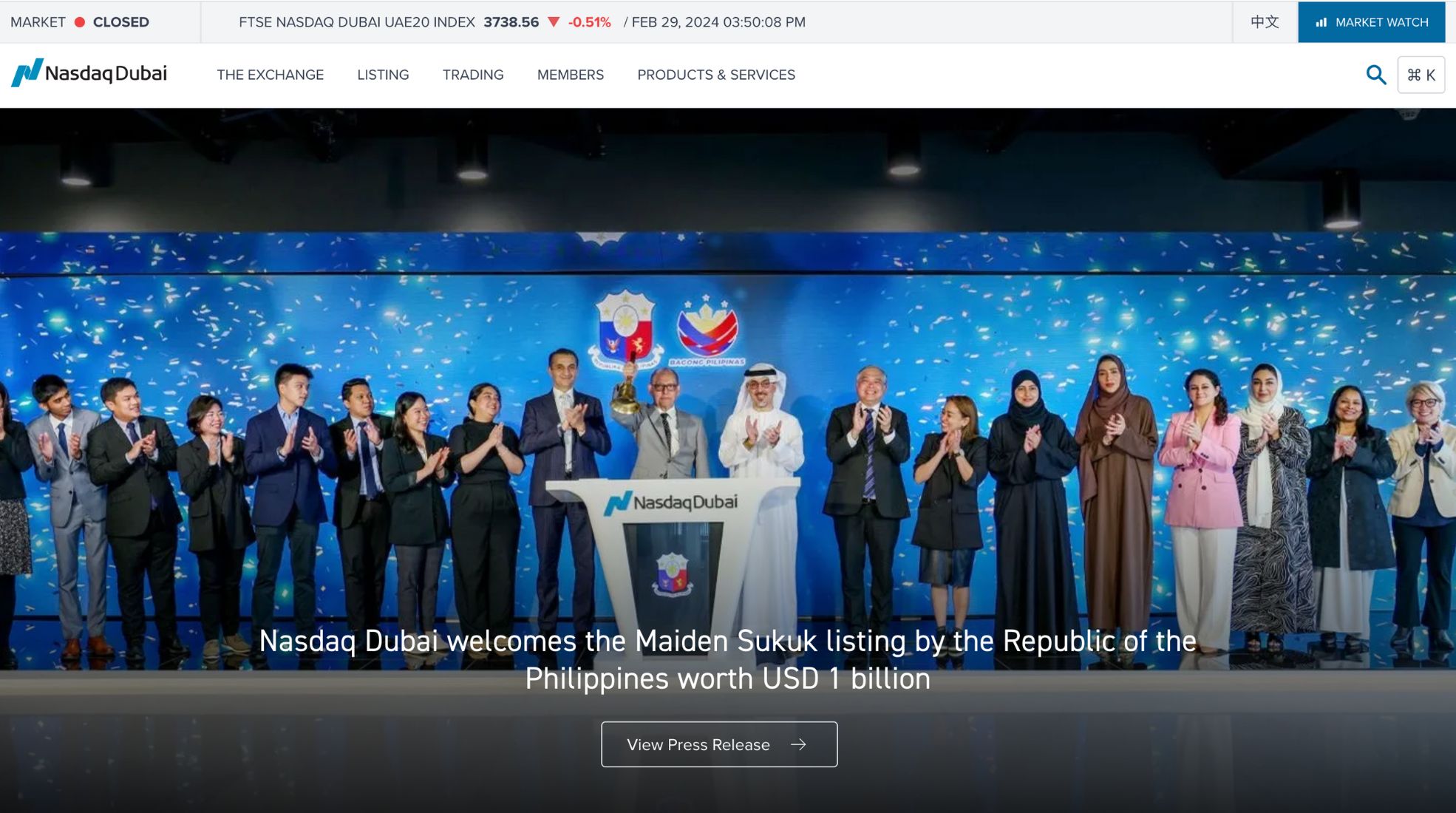Dubai’s dynamic economy offers various avenues for those looking to make a small investment in Dubai. From its robust real estate market to its burgeoning sectors of renewable energy and creative industries, the city presents many opportunities for investors with limited capital. The government’s commitment to economic diversification and policy reforms, including visa regulations and digital online business- registrations, has fostered an environment ripe for small-scale investments.
Whether considering starting a micro-business, exploring the stock market, or opting for real estate crowdfunding, small investors have the potential to grow their wealth in this vibrant metropolis. We guide you through smart strategies and investment options in Dubai that are tailored for those looking to maximise returns on a modest budget.
Dubai’s Investment Landscape
Economic Climate for Small Investors
The United Arab Emirates (UAE), with Dubai as its most prominent city, is actively reforming its economic policies to nurture small investors like you. The government’s strategy includes diversifying the economy beyond oil revenues and fostering a knowledge-based economy, achieved through the adoption of advanced technology and clean energy.
The strategic shift to profitable business is evident in the UAE’s efforts to simplify the business registration process across its emirates, primarily done through the respective Departments of Economic Development (DED). The introduction of Federal Law No. (37) of 2021 on commercial registry law shows the country’s commitment to streamlining economic activities and digitalising the identity of establishments.
For small investors, the UAE’s visa reforms, such as the Golden Visa program, offer long-term residency options. These options are available to investors, entrepreneurs, and professionals with specific qualifications, enhancing the country’s attractiveness as a place to invest and live.
The real estate sector, in particular, offers opportunities for investors who can afford properties valued at a minimum threshold, granting them eligibility for the Golden Visa. Moreover, the UAE’s welcoming stance towards freelancers and self-employed individuals is reflected in the provision of a five-year residence track, acknowledging the diversity of investment and talent profiles.
Sectors Flourishing in Dubai
Dubai’s commitment to sustainability and innovation has led to the growth of renewable energy, waste management, and water efficiency sectors. The UAE’s goal to achieve net zero greenhouse gas emissions by 2050 is supported by substantial investments in renewable energy, opening up avenues best business for small investors interested in green technologies and sustainable practices.
Establishing platforms like Masdar, focusing on developing renewable energy projects, signifies the country’s dedication to becoming a global leader in the green economy. Dubai’s creative and cultural industries are also receiving a boost, with initiatives like the Creative Visa attracting individuals in fields such as arts, media, and publishing.
This focus on creative sectors is part of a broader strategy to establish Dubai as a hub for culture and innovation.
Legal Framework for Investments
The UAE has laid down a robust legal and regulatory framework to protect investments and intellectual property rights, which is crucial for small investors seeking assurance and stability low investment there. The Securities and Commodities Authority (SCA) is pivotal in licensing and regulating investment funds.
The SCA ensures that foreign funds are marketed to domestic investors through locally licensed placement agents. This regulatory environment is conducive to fostering confidence among small investors, who can rest assured that clear and enforceable laws safeguard their investments.
Additionally, the UAE encourages the formation of public joint stock companies for high-profile projects, allowing for public share issuance, which could be an attractive option for small investors looking to enter the market.
Risks and Rewards of Investing in Dubai
Investing in Dubai comes with its set of risks and rewards. The UAE’s stringent laws against corruption, including the ratification of the United Nations Convention against Corruption, provide a level of security for investors. The establishment of confidential reporting platforms like ‘Wajib’ in Abu Dhabi enhances transparency and accountability.
These measures are key to maintaining investor confidence. However, you must also be aware of the new Corporate Tax Law, which will now impose a standard rate on taxable profits exceeding a certain threshold, as of June 2023.
This development is part of the UAE’s commitment to the OECD Inclusive Framework on Base Erosion and Profit Shifting. It represents a shift in the tax landscape that you need to consider.

Getting Started with Small Investments
Setting Investment Goals
Embarking on your investment journey in Dubai requires establishing clear and specific objectives. These objectives will vary depending on your age, income, and life circumstances. Younger individuals may prioritise growth, whereas those in their middle years may seek stability and provisions for family needs, and retirees often focus on preserving their income.
It’s important to recognise that your objectives will evolve with life’s changes, such as career transitions or significant family events. They should be SMART: Specific, Measurable, Achievable, Relevant, and Time-based, ensuring each is well-defined and attainable within a realistic period.
Breaking down your objectives into short-, intermediate–, and long-term categories can help align them with various life phases, providing a structured approach to investing. Regular reviews and adjustments are necessary to ensure they remain aligned with your evolving financial circumstances.
Budgeting for Your Investment
Before engaging in Dubai’s investment opportunities, it’s crucial to devise a budget reflecting your investment capacity. Assess your fixed and variable expenses to determine the amount you can allocate for investments. Initiating a high-yield savings account and setting up automatic savings plans are beneficial first steps towards accumulating wealth.
Utilising tax-advantaged retirement plans can further enhance the growth potential of your investments. The guiding principle is to invest within your means, avoiding jeopardising your financial stability. Striking a balance between immediate financial obligations and long-term aspirations is essential.
By judiciously directing funds towards investments, you’re establishing a foundation for wealth accumulation, even with modest monthly contributions.
Choosing a Reliable Broker or Platform
Selecting a reputable broker or investment platform is a critical step for any investor in Dubai. With the advent of micro-investing platforms, robo-advisors, and real estate crowdfunding, those with limited capital have access to a range of options. It’s crucial to be aware of the fee structures of these services, as they can impact your returns.
Some platforms offer trades without commission, which is advantageous for those with limited funds. When evaluating brokers or platforms, consider the level of service they offer and its compatibility with your investment objectives and strategies. Understanding the value received for any fees paid is important for those not interested in frequent trading.
Staying informed about fee structure changes or new investment options is also integral to prudent investment management.
Understanding the Importance of Diversification
Diversification is fundamental to any investment strategy, particularly for those with limited capital. It involves spreading your investments across various asset classes, sectors, and geographies to mitigate risk. The goal is to construct a portfolio with assets that do not all move in tandem, which can help mitigate the impact of market volatility.
A well-diversified portfolio may include stocks, commodities, ETFs, and real estate. It’s prudent to consider international investments to diversify your risk further. However, diversification can sometimes dilute the potential for higher returns from a concentrated asset class.
Avoiding over-diversification is important, as it can negate the benefits of diversification. A balanced approach involves maintaining a manageable number of investments and considering index or bond funds for broad market exposure with minimal fees.
While diversification does not guarantee against losses, it is a strategic approach to risk management and achieving long-term financial objectives. By varying your asset classes and consistently contributing to your investments, strategies like dollar-cost averaging can help smooth out market fluctuations. Adapting your portfolio in response to market changes is part of a disciplined investment strategy that can aid in weathering financial uncertainties.

Popular Small Investment Options in Dubai
Real Estate Crowdfunding
Platforms like SmartCrowd allow you to participate in Dubai’s thriving property market through collective ownership. These platforms are regulated by the DFSA, ensuring a secure investment environment. By pooling funds with other investors, you can own a share of a property and receive monthly returns from its rental income after expenses. Additionally, you stand to gain from any property value increase upon sale.
The process for exiting these investments is designed to be straightforward and low-cost for investors.
Stocks and Bonds
The local stock exchanges, including the Dubai Financial Market and NASDAQ Dubai, provide a venue for trading various financial instruments. These exchanges enable investment in local and international companies, facilitating access through the Dubai Financial Market.
Gold Investing
The Emirates NBD Gold Investment Account offers a way to invest in gold without the need to possess it physically. This account allows for the transfer of funds and capitalisation on gold’s price movements. You can also trade gold through futures contracts or options. Gold ETFs are available, allowing you to invest in a portfolio of gold-related companies.
Mutual Funds and ETFs
Mutual funds and ETFs offer a diversified investment approach, with ETFs providing exposure to the UAE market. These funds are composed of various securities, reflecting the UAE’s economic diversity. They offer the benefits of diversification, lower costs, and convenience, making them suitable for investors looking to spread their risk.
Starting a Micro-Business
The local environment is conducive to business ideas and starting a micro-business, with recent regulations facilitating business formation. With no personal taxes, business owners and employees retain their full income. Assistance from company formation specialists can simplify the process, and opportunities exist in sectors such as IT solutions, e-commerce, logistics, digital marketing, and tourism services. These ventures can be initiated on a small scale with potential significant returns.

Businesses With Low Upfront Investments
Catering Services
Dubai’s catering food delivery industry is flourishing, fueled by the city’s diverse population and appetite for various cuisines. Launching a catering business could be a lucrative endeavour with the food service market on an upward trajectory. Success in this field requires careful planning, organisation, and understanding of your target market.
A catering license typically costs between USD 12,965 and USD 16,205. Entrepreneurs can choose a niche based on their culinary expertise and business ideas. When establishing a catering service, it’s crucial to customise your offerings to the types of events you aim to serve.
To comply with local regulations, you’ll need to present a detailed kitchen layout to the Food Safety Department and ensure you have appropriate facilities for food preparation and storage. Opening a corporate bank account and arranging visas for any overseas staff are additional steps in the restaurant business setup process.
Consulting Services
Dubai’s demand for consultancy services is robust, thanks to its varied business environment. The UAE’s favourable conditions, including a zero tax rate and low entry barriers, make it an appealing location for consultancy startups. While no mandatory qualifications exist, demonstrating expertise in your field is expected.
Consultancy license fees range from USD 16,205 to USD 27,000, with free zones offering cost-effective business setup packages that include visa applications and business facilities.
Cleaning Services
Cleaning services in Dubai cater to a broad spectrum of clients, including residential, commercial, and industrial entities. Entrepreneurs can capitalise on this demand by establishing a cleaning company. Residential cleaning targets homes, while commercial cleaning is designed for office spaces and stores. Industrial cleaning involves maintaining the cleanliness of factories and warehouses.
To start a cleaning company, registration with the DED is necessary. The cost for setting up varies based on the business structure, with sole establishments and limited liability companies incurring different fees.
Digital Marketing
The importance of digital marketing in today’s business landscape is undeniable, and Dubai’s growing market offers fertile ground for this sector. Establishing a digital marketing agency requires obtaining a license, which is available from the DED or free trade zones, with fees ranging from USD 13,500 to USD 30,790.
Building a digital marketing agency demands a deep understanding of the market and proficiency in various marketing tools. Gaining experience through contract work can be beneficial before establishing a full agency. Your success will hinge on your unique value proposition and effective billing methods. Financial prudence is essential, and seeking external investment may be a viable option for growth.

Maximising Returns on Small Investments
Strategic Investment Planning
Developing a strategic investment plan is essential, particularly when working with smaller capital. This involves setting precise objectives and understanding the timeline for their realisation. Whether your focus is on immediate gains or accumulating wealth over time, your plan will dictate the types of assets you select and your transaction approach.
For instance, if your aim is to build wealth over an extended period, a buy-and-hold strategy may suit your needs. Conversely, if you prefer to engage in active trading, you might seek to take advantage of short-term market movements. Strategic planning also encompasses the decision to either self-manage your portfolio or enlist professional guidance.
While self-directed investment may appeal to some, others might benefit from the expertise of financial advisors or robo-advisors, particularly when new to investing. Your risk tolerance should also align with your chosen strategy, balancing the prospects of higher gains with the possibility of increased losses.
Monitoring Market Trends
Vigilance in monitoring market trends is crucial for effective investment management. This includes staying abreast of daily shifts in interest rates and commodity prices, which can swiftly influence your portfolio. For example, fluctuations in energy costs can immediately affect specific industries.
Regularly consuming financial news can keep you informed about broader economic developments and help identify potential investment opportunities or threats. Additionally, examining quarterly financial reports, particularly the Management Discussion & Analysis, can offer insights into a company’s operational performance and future prospects.
Engaging with the entities in which you’ve invested, such as participating in conference calls or direct communication, can yield information that may influence your investment decisions.
Utilising Financial Advisement Services
Financial advice services can provide valuable assistance for those who find the investment landscape daunting. These services tailor advice to your unique investment objectives, risk profile, and desired level of involvement.
Advisors can highlight promising sectors and opportunities that may otherwise go unnoticed. They can also introduce you to advanced investment techniques and strategies. For example, they might recommend alternative investments like hedge funds, which could enhance returns while managing risk exposure.
Reinvesting Profits for Growth
Reinvesting earnings is a powerful strategy for enhancing the growth of small investments. This approach can result in compound growth, where the returns from an investment are reinvested to generate additional earnings.
Consider reinvesting dividends from equities or funds back into the market. This tactic can be particularly effective when paired with strategies such as the Dogs of the Dow, which targets stocks with high dividend yields. Additionally, seeking out emerging companies or industries with high growth potential can lead to significant returns.
Your Dubai Investment Journey
Embarking on the investment journey in Dubai’s dynamic market can be both exhilarating and rewarding for the discerning small investor. Whether you’re dipping your toes into real estate crowdfunding, trading on the stock market, starting a low-investment business, or even starting a micro-business, the opportunity for growth is substantial. Remember, the key to maximising your investment potential lies in strategic planning, meticulous market monitoring, and a willingness to diversify your portfolio.
By leveraging the Emirates’ robust economic climate, innovative sectors, and favourable legal framework, your small investment or e-commerce business can blossom in this land of opportunity. Stay informed, remain adaptable, and watch your investments flourish under the gleaming Dubai skyline.









